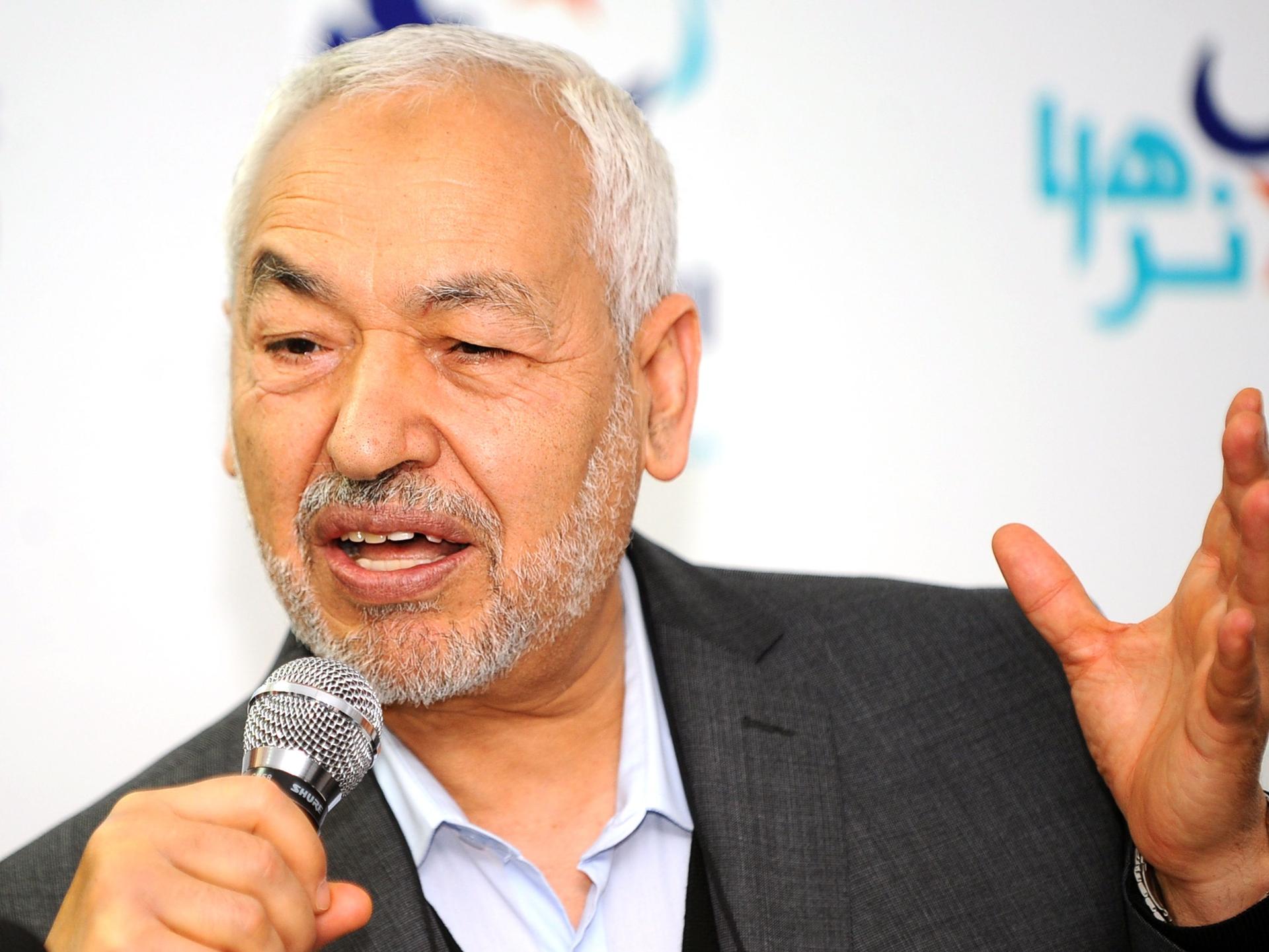Tunisia’s Ennahda party to oppose Sharia in new constitution
In a press conference Monday, the founder of Ennahda, Rachid al-Ghannouchi, said: “We do not want Tunisian society to be divided into two ideologically opposed camps, one pro-Sharia and one anti-Sharia. We want above all a constitution that is for all Tunisians, whatever their convictions.”
Officials from the moderate Islamist Ennahda party which leads Tunisia’s governing coalition have said they will not back moves to enshrine Islamic law in the North African nation’s new constitution.
Senior Ennahda official Ameur Larayed told local media Monday that the first article of the old 1959 constitution would remain the same and will not call for Sharia to be the source of all legislation, as a group of ultra-conservative Muslims known as Salafis had demanded, the Associated Press reports.
Ennahda has been under increasing pressure to come clean with its view on the issue. The article from the 1959 constitution states: “Tunisia is a free, sovereign and independent state, whose religion is Islam, language is Arabic and has a republican regime.”
In a press conference Monday, the founder of Ennahda, Rachid al-Ghannouchi, said: “We do not want Tunisian society to be divided into two ideologically opposed camps, one pro-Sharia and one anti-Sharia. We want above all a constitution that is for all Tunisians, whatever their convictions.”
More from GlobalPost: Tunisia votes for new democracy
A constituent assembly, elected in October, is currently working on the text of a new constitution following an uprising last January which ousted long-time Tunisian President Zine el-Abidine Ben Ali and sparked a wave of popular protests against authoritarian leaders across North Africa and the Middle East.
According to Reuters, religious conservatives, including the third-biggest party in the assembly, have been calling in recent weeks for the constitution to enshrine the role of Sharia. Around 10,000 Salafis demonstrated on the streets of the capital, Tunis, on Sunday to support the proposal, the BBC reports.
Secularists and liberals oppose the move, fearing it will be the first step towards the imposition of conservative Islamic values on the country, while investors worry that calls for an Islamic state will put off the tourists who are a major foreign currency earner for Tunisia’s economy.
More from GlobalPost: Despair stalks Tunisia, the 'Arab Spring' success story
Our coverage reaches millions each week, but only a small fraction of listeners contribute to sustain our program. We still need 224 more people to donate $100 or $10/monthly to unlock our $67,000 match. Will you help us get there today?
